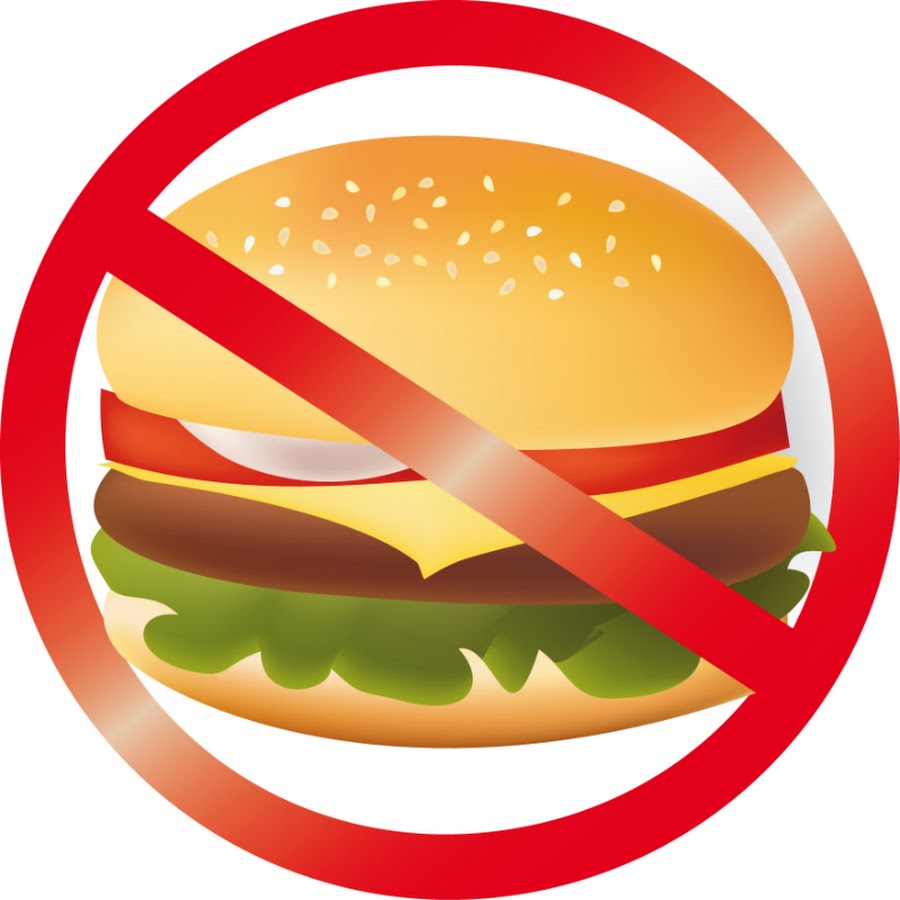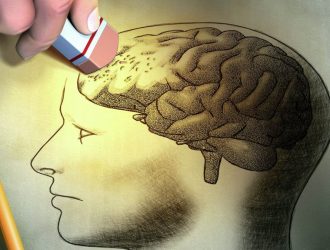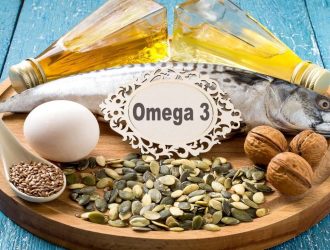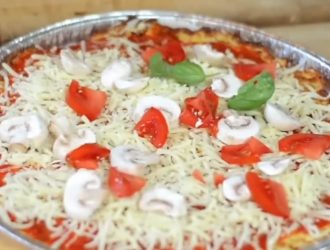
Why do people snack? They want to prevent overeating. They snacked for appetite control. But what’s really interesting about that is the snacking increases insulin, which triggers hunger about an hour and a half to two hours later. So snacking increases appetite and encourages overeating.
Why do people snack? Is it always because they’re hungry or they’re craving? People snack for different reasons – stress, depression, anxiety, for social reasons. Sometimes people eat just because it’s there, it’s available. And sometimes people snack because of previous foods that they ate earlier in the day or the night before, which is creating a craving.
Contents
Snacking vs. a high-carb diet
What is worse: snacking or a high carb diet? When we are talking about these two different factors, we are talking about the fact, if you’re on a high carb diet and you’re not snacking versus just snacking in general. If you compare these two factors, snacking is worse than a high carb diet.
You can try an experiment, if you like snacking. Don’t change any of the foods that you’re eating. Just push those foods to the meal and have just three meals a day, but nothing in between, and just see what happens.
The theory is that snacking is worse than a high carb diet. There is an interesting study, that concluded that snacking is the only independent factor that contributes to weight gain in children.
In the 70s all people were consuming a tremendous amount of junk food, but they definitely did not snack as much as people do now. But snacking definitely started increasing in 1977 and it gradually increased through the 80s and the 90s.
To the point where we are now, where about 97% of children are snacking. But at least in the early 70s, people did not snack as much. They had three meals a day and they did not nearly have the obesity that we have now.
Snacking and insulin
There are two main ways that you can stimulate insulin.
- Eating a high carb diet.
- Eating. Eating in general triggers insulin. If you’re eating three meals and adding two snacks, you’re creating this repetitive frequent spike in insulin all day long. And you don’t give your pancreas a chance to come down and reset. It would be like exercising six times a day versus a few times a day, or even one time a day. So anything that triggers insulin too much, eventually creates insulin resistance.
Insulin resistance is a state, where you have a lot more insulin being pumped out by the pancreas, but it’s not being received on the receptor end. We have certain parts of our body that are low on insulin, but other parts of our body that have way too much insulin.
If people with insulin resistance ever tested insulin itself, they would probably find they have too much insulin in the blood. That’s called hyperinsulinanemia. And when you have insulin resistance, you usually have too much insulin unless you’re a diabetic for a period of time, and the pancreas gets burned out and then the insulin starts going down.
Gluconeogenesis.
When you have insulin that goes up, your liver stops making this new insulin. So you can eat sugar from your diet and have a high blood sugar, or your liver can actually make insulin out of non-carbohydrate sources, like from protein or fat, or even ketones. Then your liver can start making insulin even though you’re not consuming any sugar.
How can you have too much insulin in the blood and still have a high level of the liver making new sugar? That’s because you have insulin resistance. For those people, who have insulin resistance, they have an increased gluconeogenesis, so the liver is just pumping a lot of sugar. This explains too, why you go on a ketogenic diet and your blood sugar is still high.
You’re on a low carb diet, but in the morning your blood sugar is too high. That’s just because you have insulin resistance.
The potential effects of snacking
When you have too much insulin in your body it affects:
- your cognitive function
- your memory starts to go downhill
- you get brain fog
- you lose focus
- your mood is altered
- you start getting depressed, anxiety, irritable
- it increases your cancer risk by two times
- you gain weight, especially in the midsection, your visceral area
- it increases your risk of getting cardiovascular disease, stroke, diabetes, high blood pressure, PCOS
- your muscles become weak
- your appetite increases
- you start developing amyloid plaquing in your brain, which is kind of a precursor for alzheimer’s
- you definitely get a fatty liver
- your vision becomes altered, where you can’t see as well
- kidney issues and neuropathy, which is problems with your nerves on the bottom of your feet.
Foods that don’t trigger insulin
There are two foods that don’t trigger insulin – fat and fiber. We are talking about fiber from vegetables, but not from grains, which basically have a lot of carbohydrate in them. We are talking about fibrous leafy greens.
How to stop snacking
- You push your snack to the meal as a dessert.
- Starting to go on a low carb diet, which will lower insulin and decrease the impulse to snack.
- Start increasing the fat in your diet, especially, at the end of the meal. To help your body become more satisfied, you can fast longer and avoid snacking. Trying to handle the snacking issue on a low-fat diet is very difficult, but fat won’t trigger insulin, so it can help you with this insulin resistance.
- Start increasing the fiber in your diet. Start consuming more salads. If you consume the salad before a meal, that actually can buffer the insulin response, because it buffers the carbohydrates, the glycemic index.
For example, you have a salad with olive oil or celery with peanut butter. This is a very good combination to help correct insulin resistance. Celery is actually mostly water and fiber with virtually no sugar, and then you add the nut butter to that.Whole cream and berries. If you have the option to do raw milk whole crane, go with that, it’s much healthier. If you mix whole cream and blend that with berries, it makes an incredible dessert. You can make whipping cream out of the whole cream and add the berries. You can also add ghee and butter to your vegetables as another way to decrease insulin resistance. - Another way to decrease insulin resistance is to start exercising. Exercise has been proven to decrease insulin resistance, and you’re burning off this extra sugar that your liver is making from gluconeogenesis.
Sometimes people eat because they have low blood sugars. What is causing low blood sugar? It’s the high insulin; it’s pushing your blood sugars down. When you eat that snack to satisfy your low blood sugar, insulin kicks right in and now you’re back with low blood sugar again. It’s a never-ending cycle. - You should consume vitamin B1, mineral, chromium, zinc, magnesium (learn more about benefits of magnesium) and vitamin D.





